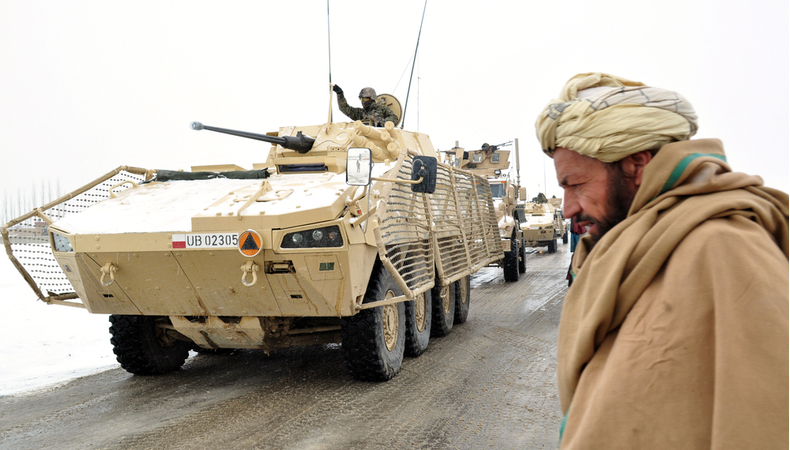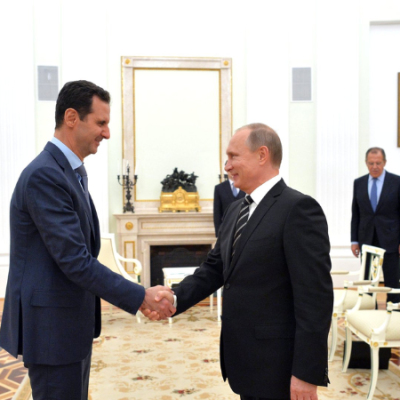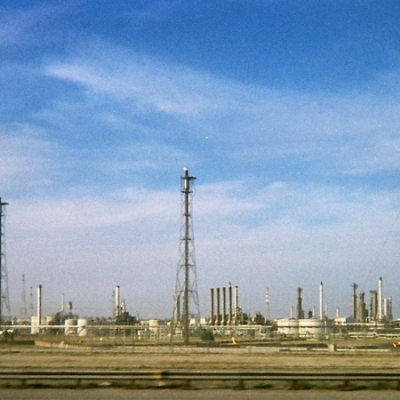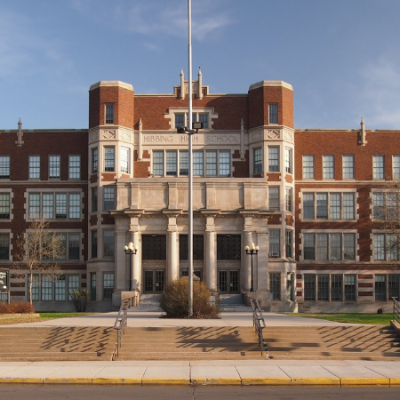Afghanistan, Taliban offensive on the large centers of Herat, Lashkar Gah and Kandahar

The commitment signed in Doha by the Taliban, which guaranteed a negotiated approach towards an at least partial return to power, does not seem to be worth the paper on which it was written. The massive offensive launched against some of the major cities in Afghanistan, like Herat, Lashkar Gah, and Kandahar, fully demonstrates that fundamentalists do not want to deal with recognized Afghan institutions, or at least want to do so from positions of absolute strength.
After the announcement by US president Joe Biden that he intends to complete the American withdrawal by 11 September, the “Koranic students” have started an intense campaign of clashes in the province, gaining control of more than half of the Afghan territory, the most critical border crossings. Now it is the turn of the big centers, until now a stronghold of the government troops.
In Lashkar Gah, the capital of Helmand, the fundamentalists arrived a few hundred meters from the governor’s offices, only to be thrown back at sunset – writes the BBC website. The US air force supports Kabul militarily, hitting the Taliban with bombing missions from air bases in the Emirates. According to the British broadcaster, groups of fundamentalists have occupied some houses, forcing the inhabitants to leave, thus making it more difficult for fighters to identify targets.
Kandahar seems even more at risk: the city’s airport is closed after the guerrillas attacked it with rockets. Moreover, the town has a symbolic value for the Taliban: its fall could be a point of no return in the confrontation. Here too, the penetration of fundamentalist groups into the town makes it impossible to use large-caliber weapons. The situation in Herat is relatively more stable, where the government has brought in a robust deployment of special troops, who have lined up alongside the forces of former local warlord Ismail Khan.
The ultimate goal, European Union envoy Tomas Niklasson told the BBC, seems to be what the Taliban have always had in mind: the return to the Islamic emirate. In Afghanistan, the withdrawal of NATO troops present in the Asian country has been underway, in various phases, for almost twenty years following the attack on the Twin Towers in New York on 11 September 2001. But, as can be imagined, the withdrawal of Western troops is plunging the country back into the grip of terrorists.
Niklasson warned last June that the time for peace negotiations was running out, urging more effort to promote discussions.In the past two weeks, as international forces are withdrawing from the nation ravaged by civil war, the Afghan government and Taliban negotiators have met in Doha, the capital of Qatar, which has always supported the Taliban and international terrorist groups.



